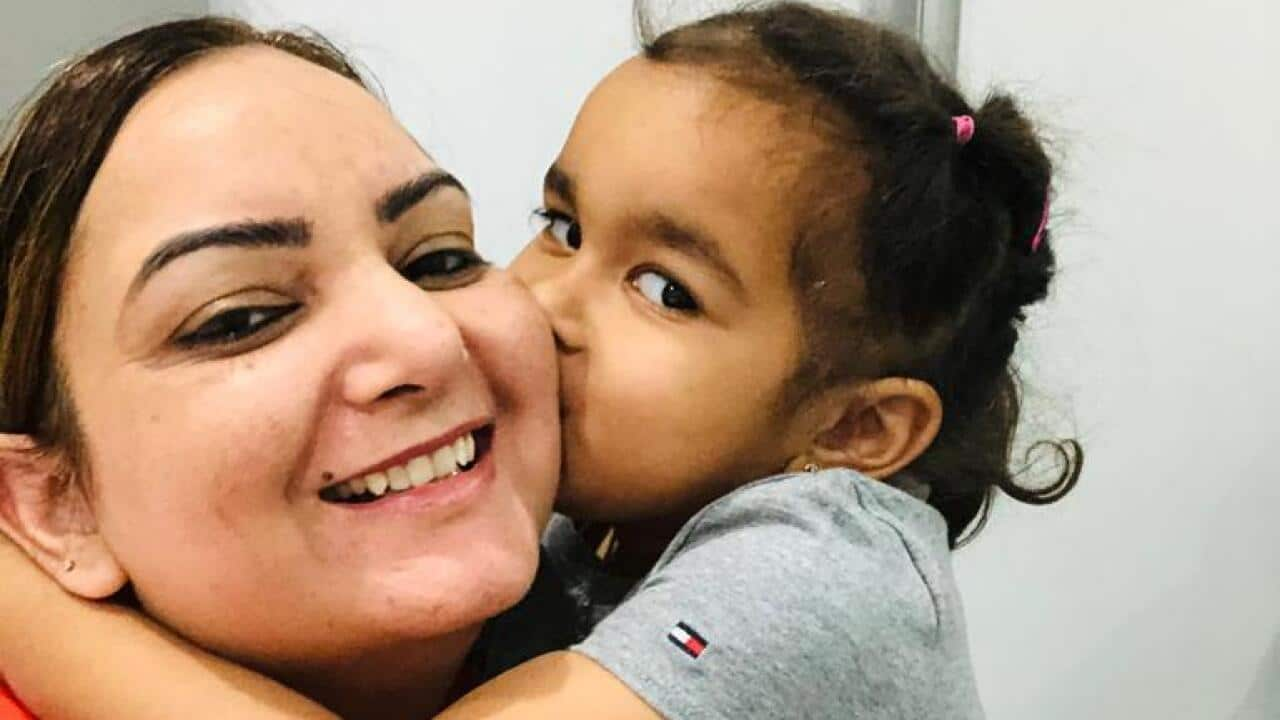The federal government has been accused of putting the rich and famous ahead of vulnerable Australian families stranded overseas.
Greens Senator Nick McKim said the government allowed movie stars, business people and tennis players into Australia while leaving many desperate citizens overseas during the coronavirus pandemic.
The Commissioner of the Australian Border Force, Michael Outram, stated that ahead of the Australian Open of Tennis, he approved travel exemptions for 869 players, 160 personnel, technicians and media, and eight family members of the tennis players.
Senator McKim fired up during a heated debate in Senate estimates on Monday night.
"If you're rich and famous or wealthy, it's off you go, come and go as you please, or we'll exempt you from the guidelines," he said.
"Whereas if you're a separated family, it's tough luck."
The Department of Foreign Affairs and Trade has helped about 45,000 Australians return home since international borders were closed in March last year.
But there are still nearly 40,000 Australians abroad who are waiting to come back.
Senator McKim also noted his office had been made aware of 63 children separated from families due to the pandemic. He said most of these children are separated from one parent, with one child separated from both.
The cases are a mixture of the child wanting to be reunited with the parent, or in other cases the parent wanting to come back to Australia.
In early May, a senate inquiry was told .
Senator McKim's office told SBS News that the government has been unable to provide a figure detailing the total number of families who are separated and have applied for travel exemptions.
Commissioner Outram insisted the department had facilitated children to be with their families.
"As the commissioner said, there are a number of scenarios and if it's an Australian citizen child we have facilitated for them to return," Assistant Secretary for temporary visas and border measures Sandra Jeffery stated.
"If it's a temporary visa holder child and their parents are in Australia ... their parents can go offshore.
"If the child resided in Australia before the restriction took place, we would take that into account for the child to return, I don't think we have any of those scenarios in play though, as we have facilitated that."
Assistant Secretary Jeffery said the issue really surround children "who have been offshore for a long time, residing with grandparents etcetera."
"Their parents here ... have the option to go back to their home country to reunite with that child," she said.
Given this backlog of stranded Australians, Senator McKim is concerned people are being allowed into the country with clearances known as 188 business visas.
"They've [the families have] repeatedly applied for an exemption to the travel ban and [have] repeatedly been rejected," Senator McKim said.
"What's the policy intent of not simply having a blanket exemption, like you have for example, wealthy investors who hold 188 visas who have a blanket exemption, they can come in and out of the country as many times as they like."
Senator McKim says the criteria is "inhumane."
There have been about 2500 people allowed into the country on 188 visas since September last year.
Senator McKim accused the coalition of putting money ahead of Australian citizens and permanent residents.
Liberal Senator Amanda Stoker bristled at his claims.
"Those 188 visa holders that you pretend are fat cats, that you pretend are simply feeding off the benefits of any easier system, create 12,000 jobs upon which Australians depend," she said.
"That's 12,000 families that you would see not have a job in favour of a handful of people."
Senator Stoker during the estimates session later corrected herself, there were in fact 1,200 jobs created.
With Jennifer Scherer.











